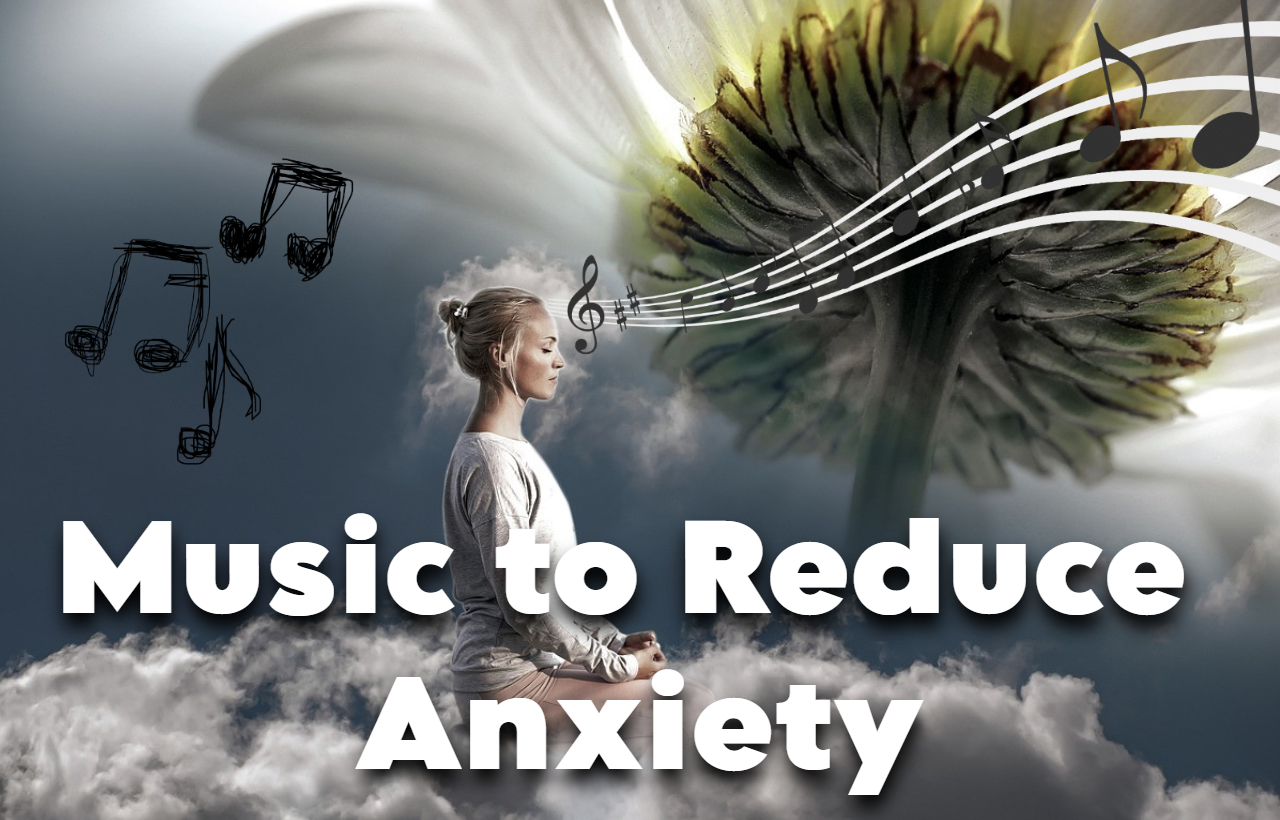Anxiety has become a common challenge in today’s fast-paced world, affecting millions of people globally. While medications and therapy are common solutions, holistic approaches like meditation have gained immense popularity for their long-lasting benefits. Combining meditation with music adds another layer of tranquility, enhancing its effectiveness. This blog explores the profound effects of meditation music for anxiety reduction, its benefits, and practical tips for incorporating it into daily life.
Why Use Meditation Music for Anxiety Reduction?
Meditation music creates a calming environment, making it easier to focus and achieve mindfulness. The gentle tunes help slow down the heart rate, reduce blood pressure, and promote a state of relaxation. When combined with mindful breathing, meditation music can significantly alleviate anxiety symptoms.
Meditation With Music Benefits
- Enhanced Focus: Helps concentrate better during meditation sessions.
- Stress Reduction: Soothing sounds lower cortisol levels.
- Improved Sleep: Aids in achieving a restful state, leading to better sleep quality.
- Emotional Regulation: Reduces emotional reactivity.
- Boosted Creativity: Encourages a free flow of thoughts and ideas.
- Decreased Muscle Tension: Relaxes the body physically.
- Positive Mood Shift: Encourages feelings of happiness and contentment.
- Balanced Energy: Provides mental clarity and balance.
How to Meditate with Music?
Meditating with music is simple and effective. Here’s a step-by-step guide:
| Step | Description |
|---|---|
| 1. Choose the Right Music | Opt for calming tracks like nature sounds, ambient music, or soft instrumental tunes. |
| 2. Find a Quiet Spot | Select a comfortable and distraction-free environment. |
| 3. Sit Comfortably | Maintain a relaxed but upright posture. |
| 4. Focus on Breathing | Inhale deeply, hold for a few seconds, and exhale slowly. |
| 5. Sync with the Music | Let your breathing align with the rhythm of the music. |
| 6. Start Small | Begin with 5–10 minutes daily, then gradually increase the duration. |
Using these steps consistently helps in amplifying the effects of meditation on the body and mind.
Benefits of Meditation Music for Anxiety
10 Benefits of Meditation to Students
Students, especially, can benefit immensely from incorporating meditation music into their routines.
- Improved Concentration: Enhances focus during studies.
- Reduced Exam Stress: Alleviates pre-test anxiety.
- Better Retention: Helps in better information retention.
- Enhanced Creativity: Promotes out-of-the-box thinking.
- Increased Self-Esteem: Boosts confidence in abilities.
- Improved Sleep Patterns: Essential for memory consolidation.
- Positive Emotional Health: Reduces feelings of sadness or isolation.
- Balanced Social Interactions: Encourages better relationships.
- Energy Regulation: Maintains optimal energy for study sessions.
- Better Decision-Making: A calm mind leads to rational choices.
Scientific Evidence Supporting Meditation with Music
Various studies highlight the meditation benefits for the brain. According to research, individuals who meditate regularly with music experience reduced symptoms of anxiety and depression.
| Benefits | Brain Areas Affected |
|---|---|
| Reduced Stress | Amygdala |
| Enhanced Memory | Hippocampus |
| Improved Focus | Prefrontal Cortex |
| Increased Emotional Stability | Anterior Cingulate Cortex |

Exploring the 100 Benefits of Meditation
Meditation, when practiced consistently, offers a myriad of advantages beyond anxiety reduction. Some highlights include:
- Physical Health: Improved immune function and reduced inflammation.
- Mental Clarity: Enhanced problem-solving skills and creativity.
- Emotional Balance: Greater self-awareness and reduced mood swings.
- Spiritual Growth: A deeper connection to oneself and others.
FAQs on Meditation with Music
1. Can meditation music replace traditional therapy for anxiety?
Meditation music can complement therapy but may not entirely replace it for severe anxiety cases. Consult a healthcare professional for tailored advice.
2. What type of music is best for anxiety reduction?
Soft instrumental, nature sounds, or binaural beats work best for promoting relaxation.
3. How often should I practice meditation with music?
Practicing 10–20 minutes daily can yield significant benefits.
4. Is meditation effective for students?
Absolutely! As highlighted in the 10 benefits of meditation to students, it enhances focus, reduces stress, and improves overall academic performance.
5. Are there side effects to meditation music?
Generally, no. However, loud or overly stimulating music may disrupt focus. Choose calming tracks for the best results.
By integrating meditation music into your routine, you can unlock the 20 benefits of meditation while fostering a sense of calm and focus. Begin your journey today and experience the transformative power of mindfulness!


